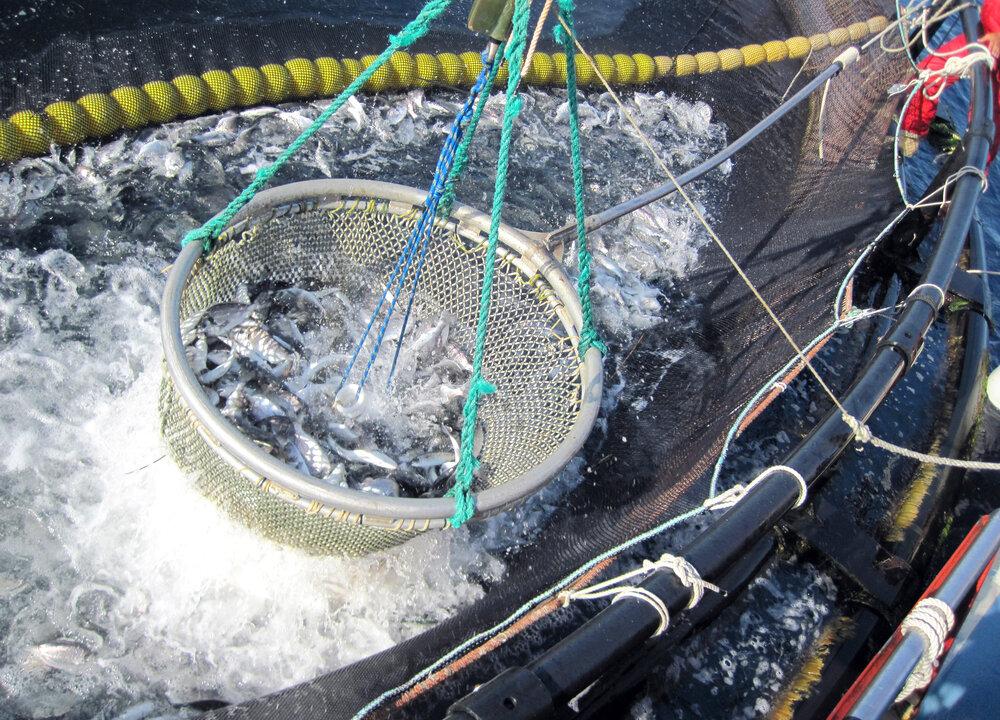With a scan of their smartphones, consumers can now track the journey of their fish dinner from the water to their plate to ensure it’s a legal, ethical, and sustainable product.
OpenSC, a global digital platform developed in Australia, allows users to scan QR codes with a smartphone camera to see where the product came from and when and how it was produced, and follow its journey along the supply chain.






